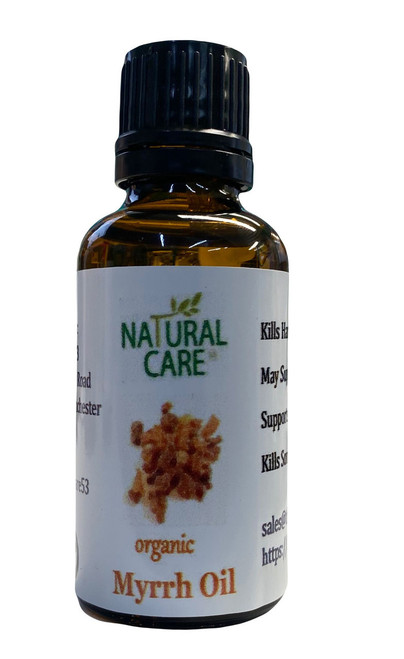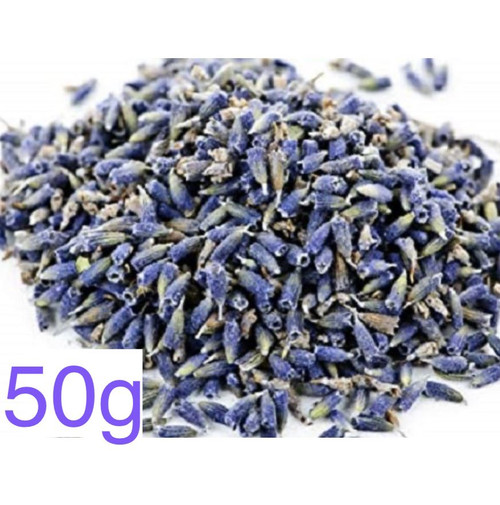Benefits
Antibacterial
It turns out that the Egyptians knew what they were doing when they embalmed their dead bodies using Myrrh – the antibacterial powers of this resin helped to slow decay by killing bacteria and other microbes.
A recent study found that burning Myrrh in incense form can kill airborne bacteria by up to 68 percent. Additionally, in test tube studies it has been found that Myrrh essential oil is highly effective against several different types of infectious bacteria, including some that are resistant to drugs.
Oral Health
The antibacterial qualities of Myrrh can firstly neutralise the germs and bacteria that contribute to halitosis (bad breath). Secondly it is good for the gums, reducing the redness and swelling associated with gum disease, effectively healing receding gums. There is also research to suggest Myrrh is effective for healing mouth ulcers.
A recent study looked at people with “Behcet’s” disease (an inflammatory mouth disorder) who used a Myrrh based mouthwash to treat their painful mouth sores. They found that 50 percent of them experienced complete pain relief, whilst 19 percent had a complete healing of their mouth sores.
Skin Health
The ancient Greeks and Romans were certainly on the right track by using Myrrh to treat wounds. Scientific research now confirms that Myrrh essential oil (mixed with Sandalwood) is especially effective at killing the microbes that infect skin wounds. Another study found that Myrrh essential oil used alone inhibits the growth of the fungi that causes athletes foot by 43 – 61 percent.
Myrrh benefits many other skin conditions, including; weeping eczema, bedsores, boils, acne and deeply chapped skin.
Pain Relief
Myrrh is a powerful anti-inflammatory which works by blocking the inflammatory chemicals that can lead to swelling and pain. This makes it especially useful in relieving inflammatory conditions such as arthritis and back pain. Myrrh essential oil also contains certain compounds that interact with the body’s opioid receptors that tell the brain that you’re not in pain.
Myrrh essential oil diluted in a pure carrier oil makes an excellent massage oil for sore muscles and joints and when taken internally (must be food grade), it can alleviate headaches and migraines.
Antioxidant
Myrrh has an ORAC (Oxygen Radical Absorbance Capacity) of a staggering 379,800 µTE/100g. Just for comparison, goji berries have a score of 4,310 µTE/100g and blueberries 4,633 µTE/100g. A study published in the journal "Food and Chemistry Toxicology", found that the antioxidant potential of Myrrh is so high that it may support healthy liver function.
Liver Health
A study conducted at the Beni-Suef University in Egypt found that Myrrh can actually detoxify what the liver cannot – in particular, ammonia. When the liver cannot remove harmful substances sufficiently, they build up in the bloodstream. For example, ammonia, a by-product of protein digestion, needs to be converted into urea in the liver and eliminated via the kidneys. Accumulation of ammonia in the blood, called hyperammonaemia, is toxic to nerves and can lead to a decline of brain functions known as hepatic encephalopathy.
Excessive ammonia is particularly dangerous because it provokes the over-production of nitrogen and oxygen free radicals. Free radicals steal electrons from the lipids in cell membranes, leading to cell damage.
The team of researchers looked for a remedy in Myrrh, whose antibacterial, anti-inflammatory, antioxidant, sugar-reducing and liver-protective properties have been used traditionally for the treatment of several diseases. They found that Myrrh induced the production of several antioxidant and detoxifying proteins in the liver, kidneys and cerebrum.
Respiratory Health
Finally, Myrrh has powerful decongestant properties. Diffusing Myrrh essential oil in an aromatherapy oil burner can clear excessive mucus and provide relief from coughs, colds, bronchitis and asthma.
Myrrh Essential Oil
Myrrh essential oil is wonderfully grounding whilst helping to mellow out fraught emotions. This is why it is the perfect oil for meditative, spiritual practices as it can help you achieve your inner poise.
As for physical health, Myrrh oil is of great benefit to the respiratory tract and works well when diffused in an oil burner to help with catarrh, coughs and colds. Diluted with a pure carrier oil, Myrrh can be massaged into the skin or added to a bath and has a wonderful effect on the skin leaving it soft and silky smooth.

Folklore and history
In ancient times, Myrrh was worth more than its weight in gold, so precious and powerful were the healing properties imparted by this resin. The people of the Middle East and North Africa have a long tradition of Myrrh use. For nearly five millennia, Myrrh has been utilised as incense, perfume, an insect repellent and in healing salves for sores and wounds. It has also been used in rejuvenating skin treatments, for indigestion, bad breath and various respiratory disorders.
Myrrh is mentioned many times in one of the oldest known medical texts, the Ebers Papyrus. The text dates back to the 16th century BCE and is a treasure trove of ancient Egyptian prescriptions and recipes. Myrrh was mentioned more frequently than any other plant in Hippocrates’ medical writings in the fourth and third centuries BCE. Hildegard von Bingen, the famous German abbess and herbalist (1098-1179), was known to use Myrrh in some of her healing medicines.
Myrrh has been used from ancient times right up to the present day in Traditional Chinese Medicine for many and varied health concerns.
Traditional use
Myrrh tree resin has been valued since ancient times for its medicinal, cosmetic, aromatic and spiritual applications. Gold, Frankincense and Myrrh were famously given to the baby Jesus by the Magi, so valuable was this resin considered. To this day, Myrrh is still used in incense formulas used to “smudge” catholic churches.
Myrrh was hugely popular with our ancient ancestors, used as medicine by the Chinese and Egyptians, with the Egyptians also using it as a part of mummification. It was taken into battle by ancient Greek soldiers to stop bleeding wounds and Roman physicians also used Myrrh to treat wounds and prescribed it to be taken internally for digestive problems.
Typical use
Myrrh Tincture
Traditionally Taken: 1-2 ml 2 times per day, or as directed by a Herbal practitioner.
Myrrh Essential Oil
Myrrh essential oil can be used in the bath, or vaporized in an oil burner. It can be added to a massage oil or cream. Use 6-8 drops per bath and 10 -18 drops per 30ml of carrier oil.
Myrrh Incense Resin
It is best to burn Myrrh Incense Resin on a charcoal disc. Light the disc and wait until it is glowing red then add the desired amount of incense and allow it to fill the room with its evocative aroma.
Constituents
Volatile oil, resin (myrrhin), gum, ash, salts, sulphates, benzoates, malates, and acetates of potassa.
Precautions
None known








